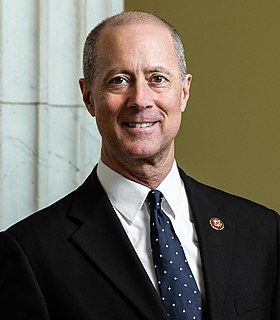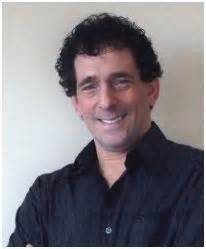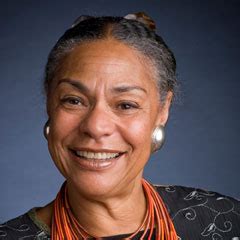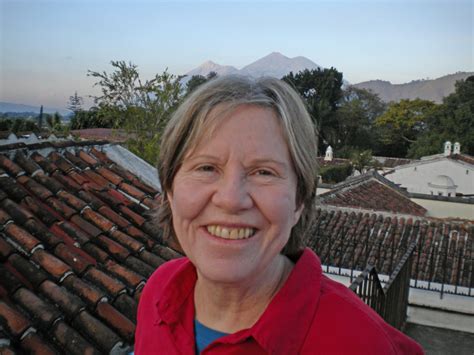A Quote by Dwight D. Eisenhower
[Children should contribute] to a family's essential survival and happiness. [In] an urban society, children are ... robbed of the opportunity to do genuinely responsible work.
Related Quotes
We didn't really grow up in a gendered environment. We didn't have a hierarchy. My family is fearless. They truly believe that they have something to contribute to society and that it is an obligation as humans. I try to embed in my children that they have something to contribute. And that you give because you have to, not to be appreciated.
One of the most significant effects of age-segregation in our society has been the isolation of children from the world of work. Whereas in the past children not only saw what their parents did for a living but even shared substantially in the task, many children nowadays have only a vague notion of the nature of the parent's job, and have had little or no opportunity to observe the parent, or for that matter any other adult, when he is fully engaged in his work.
Consider children as a beat. Clearly not an institution of power, children don't vote and they don't pass taxes. They have no money, and they don't buy newspapers or watch the news on television. Consequently, children are one of the most neglected segments of society in the news, except as a subtopic of other power beats such as education, family, and crime. Children are in serious trouble in this society, which means the foundation of our society is in trouble, which means the future is in trouble, and that is news.
Dear Brothers and Sisters, Never resort to war! Never war! Above all, I think of all the children who are robbed of their hope for a better life and a decent future. Killed children, wounded children, mutilated children, orphans, children who play with remnants of war, instead of toys. Children who don't know how to smile. Please stop! I ask you with all my heart. It's time to stop. Stop it please!
Milton Erickson was a master at using experiential techniques to elicit strengths that were previously dormant. Mills and Crowley have masterfully captured essential elements of Erickson's work and applied it to therapy with children. Easy to read, meticulously referenced, and filled with inspiring case studies, Therapeutic Metaphors for Children and the Child Within has now been updated with important new findings, and it's essential reading for clinicians who work with children as well as for those who want to improve their use of therapeutic metaphor.
Society does not need more children; but it does need more loved children. Quite literally, we cannot afford unloved children - but we pay heavily for them every day. There should not be the slightest communal concern when a woman elects to destroy the life of her thousandth-of-an-ounce embryo. But all society should rise up in alarm when it hears that a baby that is not wanted is about to be born.
Dissonance between family and school, therefore, is not only inevitable in a changing society; it also helps to make children moremalleable and responsive to a changing world. By the same token, one could say that absolute homogeneity between family and school would reflect a static, authoritarian society and discourage creative, adaptive development in children.
A Child of Happiness always seems like an old soul living in a new body, and her face is very serious until she smiles, and then the sun lights up the world. ... Children of Happiness always look not quite the same as other children. They have strong, straight legs and walk with purpose. They laugh as do all children, and they play as do all children, they talk child talk as do all children, but they are different, they are blessed, they are special, they are sacred.
The most important difference between these early American families and our own is that early families constituted economic unitsin which all members, from young children on up, played important productive roles within the household. The prosperity of the whole family depended on how well husband, wife, and children could manage and cultivate the land. Children were essential to this family enterprise from age six or so until their twenties, when they left home.


































